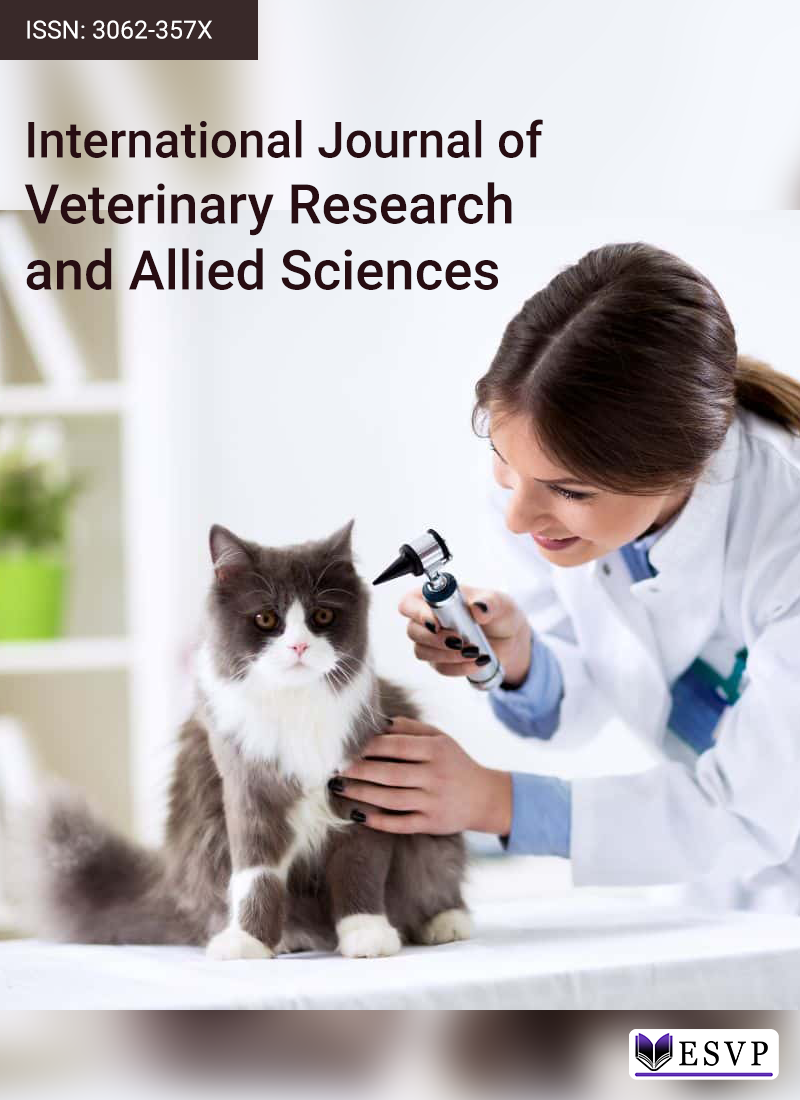Eurasia Specialized Veterinary Publication is an esteemed scientific publisher dedicated to advancing knowledge across veterinary medicine, entomology, and allied scientific disciplines. We focus on delivering high-impact scholarly content that addresses a broad range of theoretical and applied topics.
Our publications include original research articles, research notes, and comprehensive reviews spanning the diverse field of veterinary science. Key areas of focus include anatomy, physiology, biochemistry, pharmacology, microbiology, pathology, parasitology, clinical sciences, public health, and veterinary education.
Recognizing the growing importance of insect-related research in veterinary and ecological contexts, our scope also encompasses entomology, including studies on vector-borne diseases, insect-pathogen interactions, and integrated pest management.
We actively seek high-quality submissions that are rigorous in methodology and contribute meaningful insights to the advancement of veterinary and biological sciences. Our mission is to provide a reliable and dynamic platform for scientific exchange that benefits researchers, clinicians, and educators around the world.
